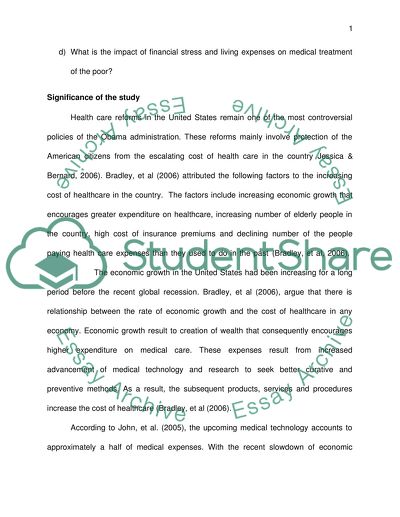Cite this document
(“Pricing of health and its effects on the poor in the US Dissertation”, n.d.)
Retrieved from https://studentshare.org/health-sciences-medicine/1406172-pricing-of-health-and-its-effects-on-the-poor-in-the-us
Retrieved from https://studentshare.org/health-sciences-medicine/1406172-pricing-of-health-and-its-effects-on-the-poor-in-the-us
(Pricing of Health and Its Effects on the Poor in the US Dissertation)
https://studentshare.org/health-sciences-medicine/1406172-pricing-of-health-and-its-effects-on-the-poor-in-the-us.
https://studentshare.org/health-sciences-medicine/1406172-pricing-of-health-and-its-effects-on-the-poor-in-the-us.
“Pricing of Health and Its Effects on the Poor in the US Dissertation”, n.d. https://studentshare.org/health-sciences-medicine/1406172-pricing-of-health-and-its-effects-on-the-poor-in-the-us.


